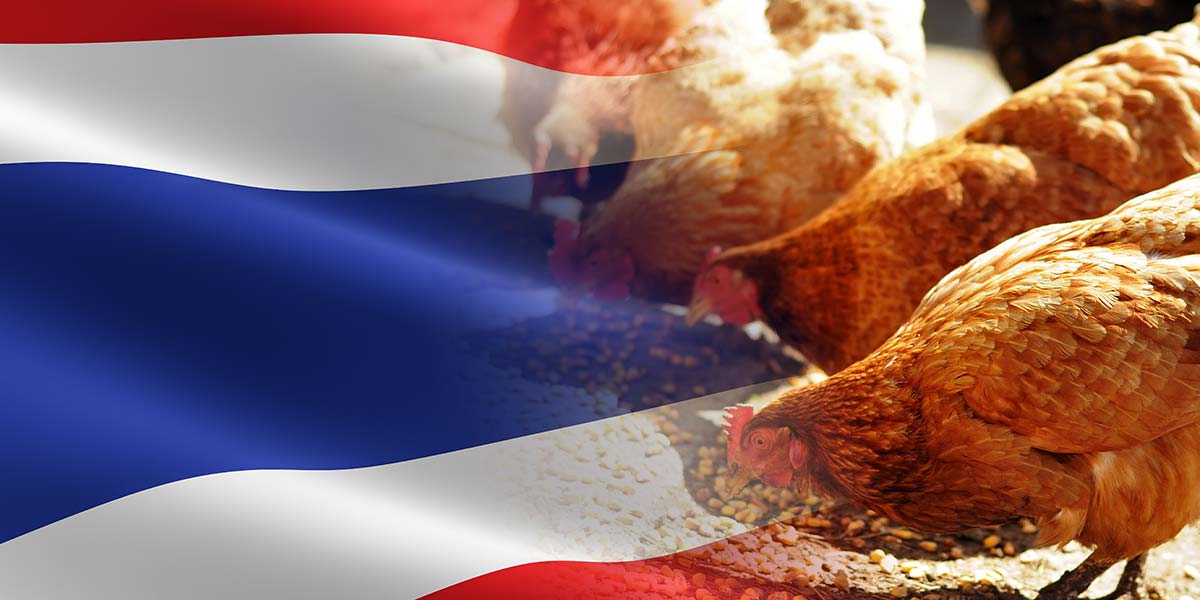FSS International Investment Advisory Securities (FSSIA) anticipates upside sentiment in the chicken farm group. However, the positive impact on Thai chicken export may be limited, unless the Brazilian bird flu situation escalates out of control.
On May 15, there were reports of Highly Pathogenic Avian Influenza (HPAI) in Brazil’s State of Rio Grande do Sul, prompting the European Union and China to ban Brazilian chicken meat and products imports for 60 days. Meanwhile, other countries such as Japan, Saudi Arabia, and the United Arab Emirates chose to ban imports from the afflicted region.
The news spurred an upside sentiment toward chicken producers such as GFPT, CPF, TFG, and BTG. However, the impact may be limited as the bird flu season typically begins at the end of the year until the first half of the next year.
Nonetheless, Brazil’s situation should be closely monitored, and if the pandemic cannot be quarantined, it could impact Brazil’s export as a whole. Brazil is the world’s biggest chicken producer and exporter, contributing 21% and 36% of the global chicken production and export respectively.
This could be an opportunity for Thailand as the world’s seventh largest chicken producer (at 3.4%) and the fourth largest chicken exporter (at 8.5%).
Thai chicken prices in May currently sit at THB 40-42 per kilogram, while the chicken carcasses slid to THB 15-16 per kilogram from THB 18-19 per kilogram in April.
Meanwhile, Thai pork prices stood strong at THB 86-88 per kilogram, Vietnamese pork remained high at VND 67,000-70,000 per kilogram, while Chinese pork traded at CNY 14-15 per kilogram.




